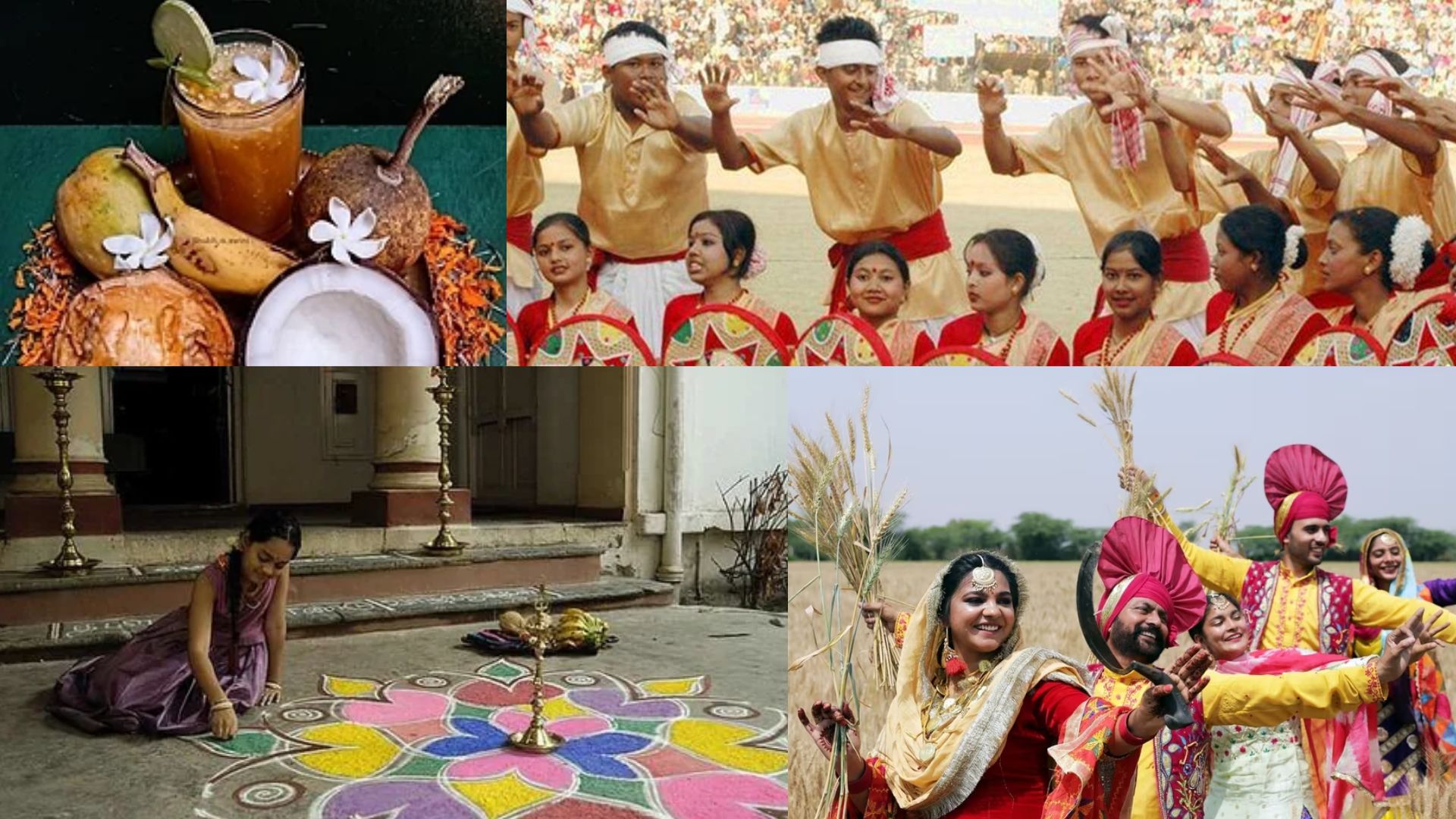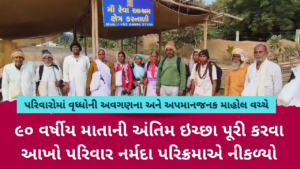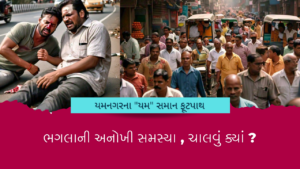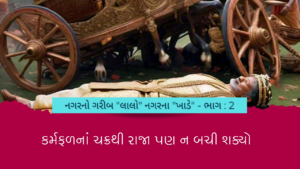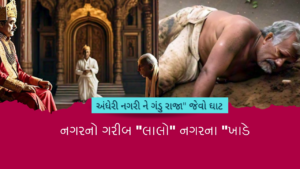Baisakh or Vaisakh is the second month of the Hindu calendar, which typically falls in April-May. It marks the beginning of the traditional Hindu solar New Year and is a time for harvest festivals across different parts of India. The month is considered auspicious for starting new ventures and seeking blessings from the divine.
Baisakhi, The Sikh New Year
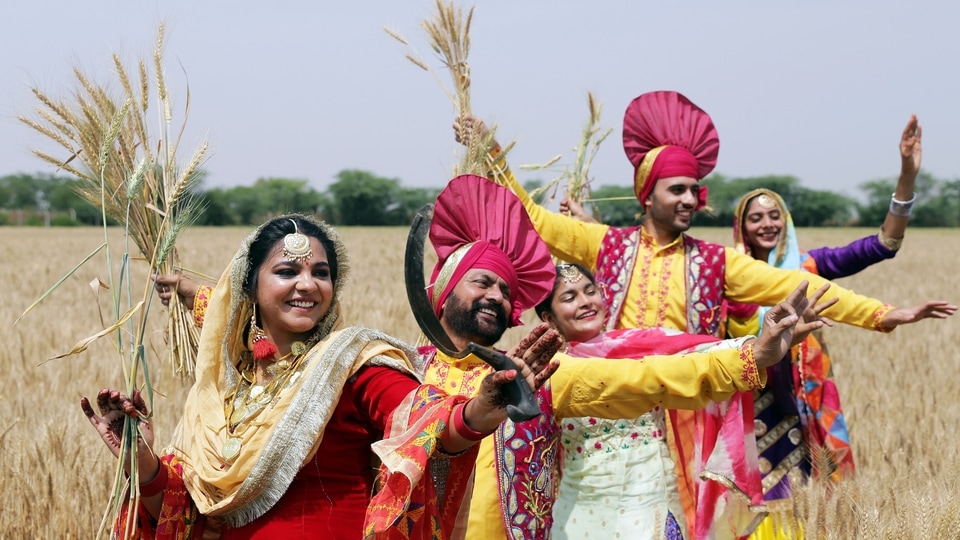
Baisakhi, also known as Vaisakhi, is a festival celebrated mainly by the Sikh community, but it also holds significance for Hindus and Buddhists. The festival is celebrated on the 13th or 14th of April every year and marks the start of the Sikh New Year.
Baisakhi is a time for harvest celebrations, and people come together to thank God for the bountiful crops. The festival is also a reminder of the birth of Khalsa Panth, the community of initiated Sikhs, established by Guru Gobind Singh in 1699.
On this day, people visit gurudwaras and offer prayers. Baisakhi is also marked by vibrant processions, folk dances, and traditional music. It is a time for celebrating the joy of life and renewing faith in the goodness of the world.
Puthandu, The Tamil New Year
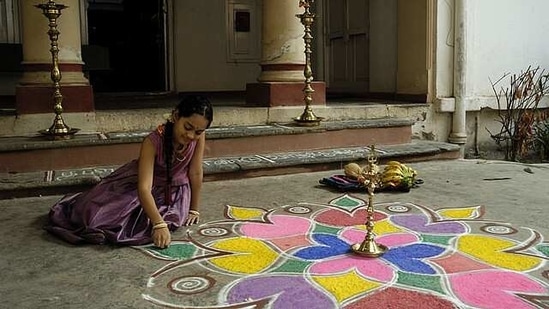
Puthandu, also known as Tamil New Year, is celebrated by Tamils around the world. The festival marks the beginning of the traditional Tamil calendar and falls on the 14th of April every year.
On this day, Tamils decorate their homes with kolams (traditional designs made with rice flour) and mango leaves. People visit temples to offer prayers and seek blessings for the new year.
The highlight of the festival is the feast, which includes traditional dishes such as payasam, vadai, and mango pachadi. Puthandu is a time for family gatherings and exchanging gifts and greetings.
The festival is a celebration of hope, prosperity, and new beginnings. It is an occasion to leave behind the past and embrace the future with renewed enthusiasm and optimism.
Pana Sankranti, The Odia New Year

Pana Sankranti is a festival celebrated by the people of Odisha, India, on the first day of the month of Baisakh, which falls in mid-April. The festival marks the beginning of the new agricultural season and the Hindu solar calendar.
The festival is celebrated by preparing a traditional drink called ‘pana’ made from water, jaggery, ripe mango pulp, and other ingredients. People also offer prayers to Lord Jagannath and seek blessings for a prosperous year ahead.
Pana Sankranti is also a time for spring cleaning, decorating homes with flowers and rangolis, and playing traditional games. The festival celebrates the beauty of nature and the cyclical renewal of life.
Overall, Pana Sankranti is a joyous occasion that brings people together to celebrate the arrival of spring and new beginnings.
Bihu, The Assamese New Year

Bihu is the most important festival of the people of Assam and is celebrated as the Assamese New Year. It is a three-day festival that marks the beginning of the agricultural season and is celebrated with great enthusiasm and fervor.
The festival is celebrated in three different forms: Rongali or Bohag Bihu, Kongali or Kati Bihu, and Bhogali or Magh Bihu. Rongali Bihu, which falls in mid-April, is the most popular of the three and is celebrated with dance, music, and feasting.
During Bihu, people wear traditional clothes and perform the Bihu dance, a lively and energetic dance that involves swaying, jumping, and clapping. They also prepare traditional dishes such as pitha, laru, and fish curry.
Bihu is a time for family gatherings and reunions, and people exchange gifts and greetings with each other. The festival is a celebration of the Assamese culture and heritage and brings together people from different communities and backgrounds.
Which one are you celebrating?

